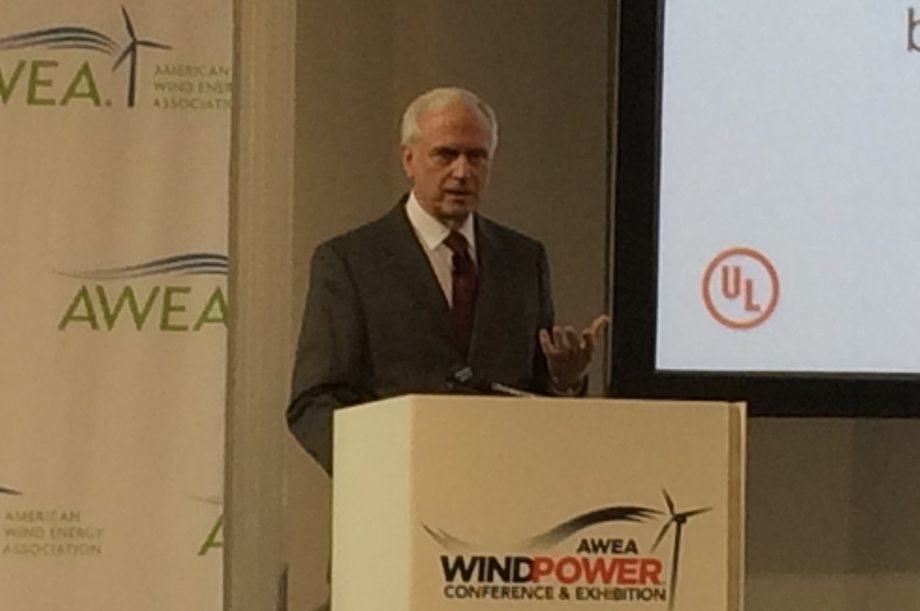"It’s inevitable", he said on the sidelines of the American Wind Energy Association’s “uåX˜äŠÊ˜·³Ç 2018 conference.
"How, when or how widespread, we have no way of knowing," he told “uåX˜äŠÊ˜·³Ç. "It’s sort of like a James Bond scenario."
There have already been several deliberate attacks targeting wind farms, Bailey added.
But in other cases, cyber security issues have been inadvertent, he said.
In one incident, a technician logged on to his laptop in a hotel and downloaded malware by mistake. When he went to work the next day and logged on, the wind farm became infected and the turbines stopped working one-by-one, Bailey said during a talk on cyber security.
Project operators can lose as much as $50,000-$100,000 per day if a project stops operating.
Wind power projects are increasingly connected, via the internet, to their owner, possibly the OEM and certainly an operations and maintenance (O&M) provider, Bailey added.
Smart grids are a two-way system with many points of entry for cyber criminals, he said. "They’re like a reverse sieve."
A project’s power network has multiple networks for power, controls and data. Wind farms can also be remote, with weak physical security.
Apart from lost production and lost revenue, a cyber attack could cause injuries to staff or bystanders, costly damage to equipment or an owner’s reputation, and regulatory fines.
The American Wind Energy Association (AWEA) is holding its “uåX˜äŠÊ˜·³Ç 2018 conference and exhibition in Chicago (7-10 May). “uåX˜äŠÊ˜·³Ç will bring all of the coverage from the show across the week. www.windpowermonthly.com/awea-2018

.png)


.png)










